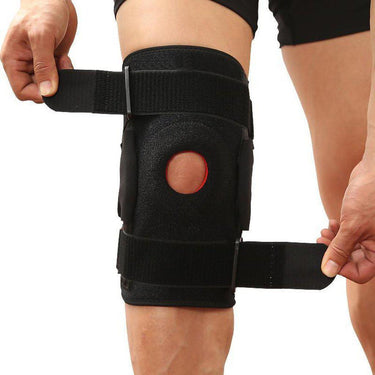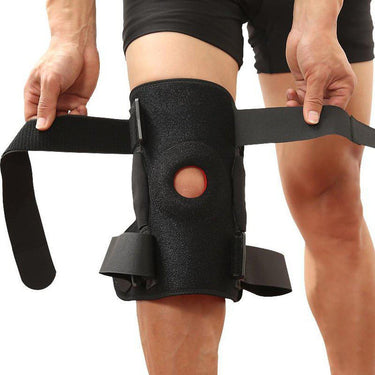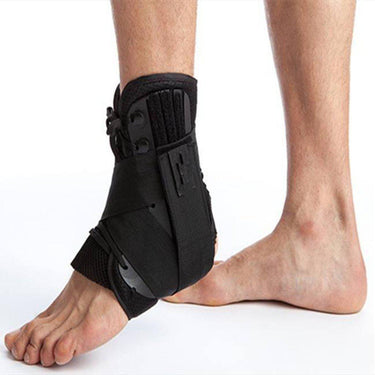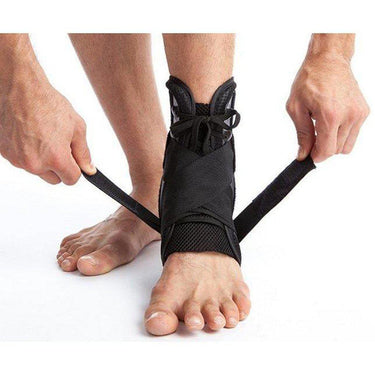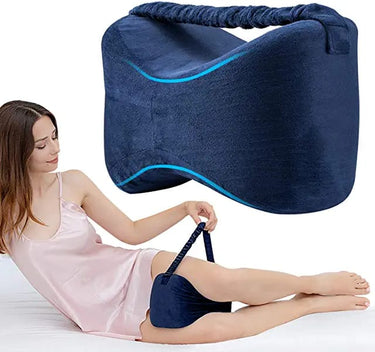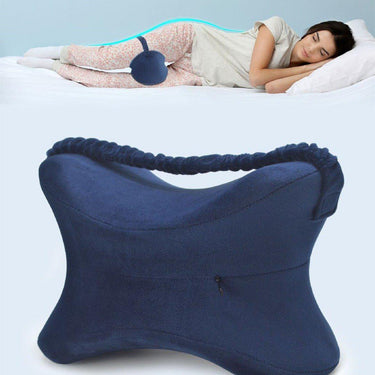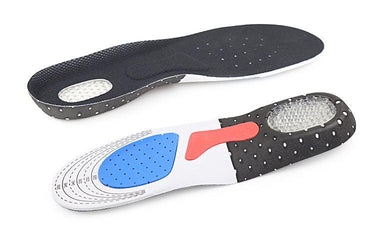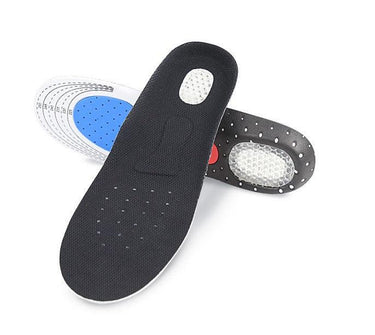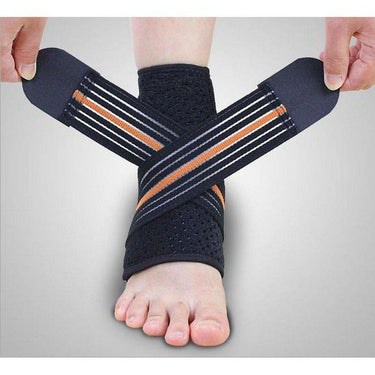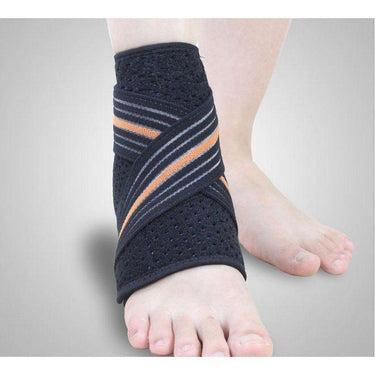Tips to Reduce Arthritis Knee Pain
Arthritis is a general term that refers to the age-related and degenerative changes, primarily to joints but also changes to cartilage, soft tissue, muscles and tendons. Many things can support arthritic joints and alleviate pain, maintain movement and mobility.
As we get older, joint start to show signs of wear and tear, the process doesn't always cause pain as it's just a natural part of ageing, but if the surfaces of the joint become irritated or take high levels of impact this is when pain can be triggered.
On this page, we'll detail a few quick tips, but you can always check our ultimate guide to living with arthritis of the knee by tapping here.
Top Tips
Keep Moving
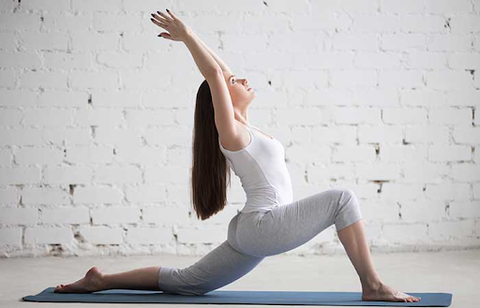
As hard as it may be to do when there is a pain in the joint, too much rest can actually make the pain-feel worse. It almost feels counter-intuitive to keep moving something that hurts.
However, when the joint, tendon or muscle stops moving it becomes more stiff and rigid and this then makes the pain worse. It doesn't have to be a lot of movement, 15 minutes walking, standing up every 30 minutes if you're sat watching the TV in the evening.
If you're having a flare-up of your condition then remember than only 2-3 days rest should be enough to settle down the pain, any more than that and the body gets deconditioned - more stiffness and less strength over time.
Avoid holding one position for too long
Arthritis or not, posture and position have a big impact on the body. Each joint has a range of movement and if we move or hold a position at the end of this range can be difficult.
Have you ever put your legs up on a stool, only to realise after 20 minutes that keeping so straight has made them stiff? The same thing happens if you're in a kneeling position for a long time.
Our body is used to working well through the range of movement as it's designed but any prolonged period (more than 20 minutes) in one static position may increase the pain and stiffness experienced.
Avoid or try to reduce stress
Many people feel the effects of stress on a daily basis, not only does stress affect our sleep so we aren't getting the same benefits from a restorative 8 hours, but it also reduces our threshold to pain.
You may have even noticed that on a stressful day, your knees feel sorer or the whole of the leg can feel achy.
Daily meditation of 5 minutes of focusing on our breath can result in changes to our stress hormones so it's well worth a try.
Get enough sleep
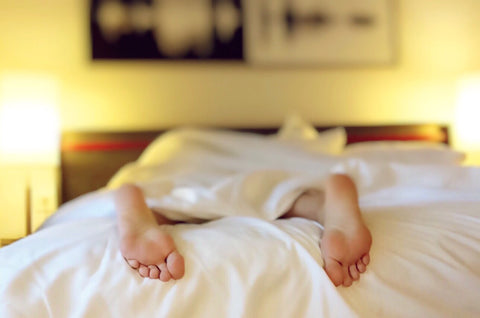
The more we learn about sleep the more we know how important it is to get between 7-8 hours per day.
Being well-rested allows our bodies to go through the processes they need to overnight. Clearing all the bodies waste products, managing inflammation and keeping our immune system healthy all impact on arthritis if we are not getting enough sleep.
Avoid positions or movements that add joint stress
You haven't always had arthritis.
There will be things that you used to find easy that are now more challenging. It's important to be aware of your joint limitations and work within those.
If you could do something in standing rather than kneeling then do so, sometimes the smallest changes can have the biggest impact.
Discover your strength
Use your strongest joints or muscles, this isn't to say you should change your activities to put all the pressure onto your 'good' leg, but it's useful to be aware of where you are strongest and use it to your advantage.
With knee arthritis, it may be that loosening your ankles and making sure you're strong at your hips will help to alleviate pressure and pain on the knees.
Plan ahead
Many people with arthritis get caught out by the unexpected, turning up to a venue with lots of stairs, finding out you've parked the wrong side of the car park or going somewhere with no places to sit down.
All of these factors can make the pain worse and have a knock-on effect for several days.
Doing a little bit of research about a place can save a lot of hassle and avoid 'paying for it later'.
Simplify life
Arthritis has many different levels and symptoms but there may come a time when you aren't able to do everything you did before. Whether that's kneeling in the garden, walking 10 miles or wearing high heels or heavy boots - these can be more difficult over time.
The tip here is not to stop altogether but change how you do things - While gardening, can you sit on a stool to plant your seedlings? Can you use a folding travel walking stick on that long walk for extra support?
Think, what can be adapted to make life easier and still do the things you love.
Use adaptive aids
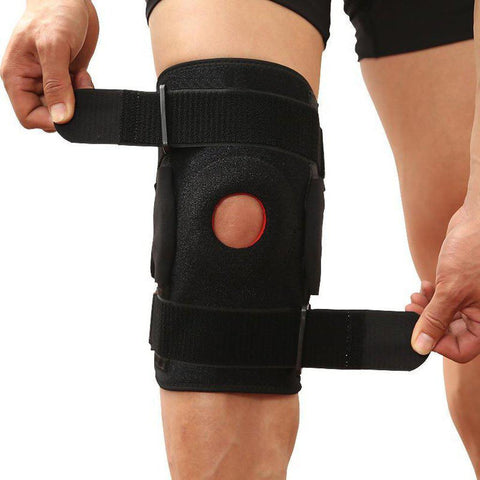
Wearing a knee support, using a folding walking stick, or using a towel to help your legs to bed are all steps towards maintaining your independence - not losing it!
If these tools allow you to do more pain-free then we highly recommend using these things to cope with knee arthritis.
Ask for help
Knowing where to find help and support is beneficial to us all.
Managing arthritis at home by yourself is very possible and on other occasions, you may need support from GPs, Physiotherapists, family and friends.
By taking help when it's offered you can get flare-ups under control more quickly and get on with your life!
Reducing Knee Pain During a Flare-Up
There will be times with your knee arthritis where it may feel like it has become more painful. It might be related to increasing your activity, doing too much gardening, shopping or golfing it could also come up without any obvious trigger.
During these times it's useful to go through these tips and see which ones you haven't tried. Before a flare-up even happens it's useful to have a 'first aid kit' ready somewhere at home of all the things that soothe your knee pain. For some people this might be a hot water bottle, painkillers and a knee support, for others it might be their favourite film to help them off to sleep, a TENs machine and some deep heat. Whatever you've found that helps your pain and working through these top tips you can reduce the length of your flare up and get back to normal as soon as possible.
Manage your knee arthritis and prevent flare-ups in pain
By wearing a knee support when doing mild to strenuous activities you can reduce how much daily life aggravates your knee. You can also reduce pain, increase knee strength and improve your joint health in general.
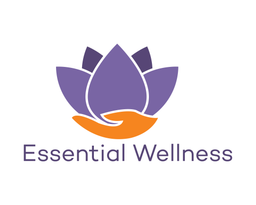

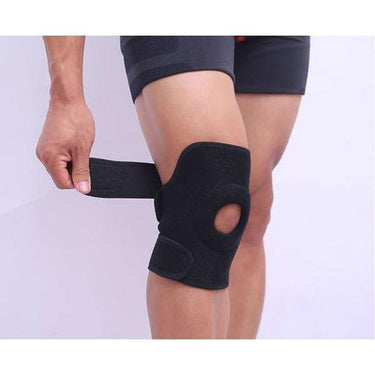
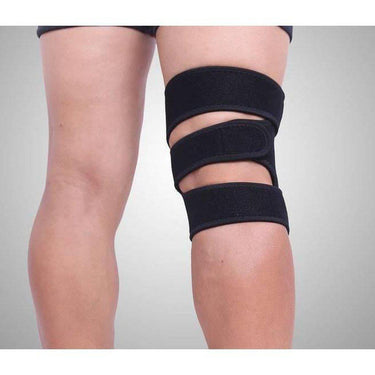
![Extra Large Knee Support, Adjustable Fit - More comfort for larger knees-Orthotics, Braces & Sleeves-[Single] Knee Support - Extra Large-Essential Wellness-5060536630770](http://essentialwellness.co.uk/cdn/shop/products/orthotics-braces-sleeves-extra-large-knee-support-adjustable-fit-more-comfort-for-larger-knees-1_375x.jpeg?v=1640355859)
![Extra Large Knee Support, Adjustable Fit - More comfort for larger knees-Orthotics, Braces & Sleeves-[Single] Knee Support - Extra Large-Essential Wellness-5060536630770](http://essentialwellness.co.uk/cdn/shop/products/KneeSupportSizeGuide_375x.png?v=1626784613)
